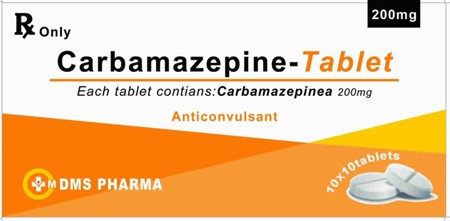A client is scheduled for a spiral computed topography (CT) scan with contrast to evaluate for pulmonary embolism. Which information in the client’s history requires follow-up by the nurse?
CT scan that was performed 6 months earlier.
Takes metformin hydrochloride for type 2 diabetes.
Metal hip prosthesis was placed two years ago.
Report on client’s sobriety for the last five years.
The Correct Answer is B
Metformin is a medication that can affect kidney function. Since contrast dye used in CT scans is processed through the kidneys, it is important for the nurse to follow up on the client’s use of metformin before the CT scan with contrast. The client may need to temporarily stop taking metformin before and after the procedure to prevent any potential harm to their kidneys.
Nursing Test Bank
Naxlex Comprehensive Predictor Exams
Related Questions
Correct Answer is D
Explanation
Ferrous sulfate is best absorbed on an empty stomach. The nurse should instruct the client to wait for 2 hours after meals before taking the tablet to promote the best absorption of the medication. The client should also be advised not to crush the enteric-coated tablets as this can affect the medication’s effectiveness.

Correct Answer is D
Explanation
A carbamazepine level of 8.4 mg/L is within the therapeutic range of 4-12 mg/L. The nurse should administer the evening dose of carbamazepine as prescribed. The nurse should continue to monitor the client’s carbamazepine levels and assess for any side effects of the medication.

Whether you are a student looking to ace your exams or a practicing nurse seeking to enhance your expertise , our nursing education contents will empower you with the confidence and competence to make a difference in the lives of patients and become a respected leader in the healthcare field.
Visit Naxlex, invest in your future and unlock endless possibilities with our unparalleled nursing education contents today
Report Wrong Answer on the Current Question
Do you disagree with the answer? If yes, what is your expected answer? Explain.
Kindly be descriptive with the issue you are facing.
